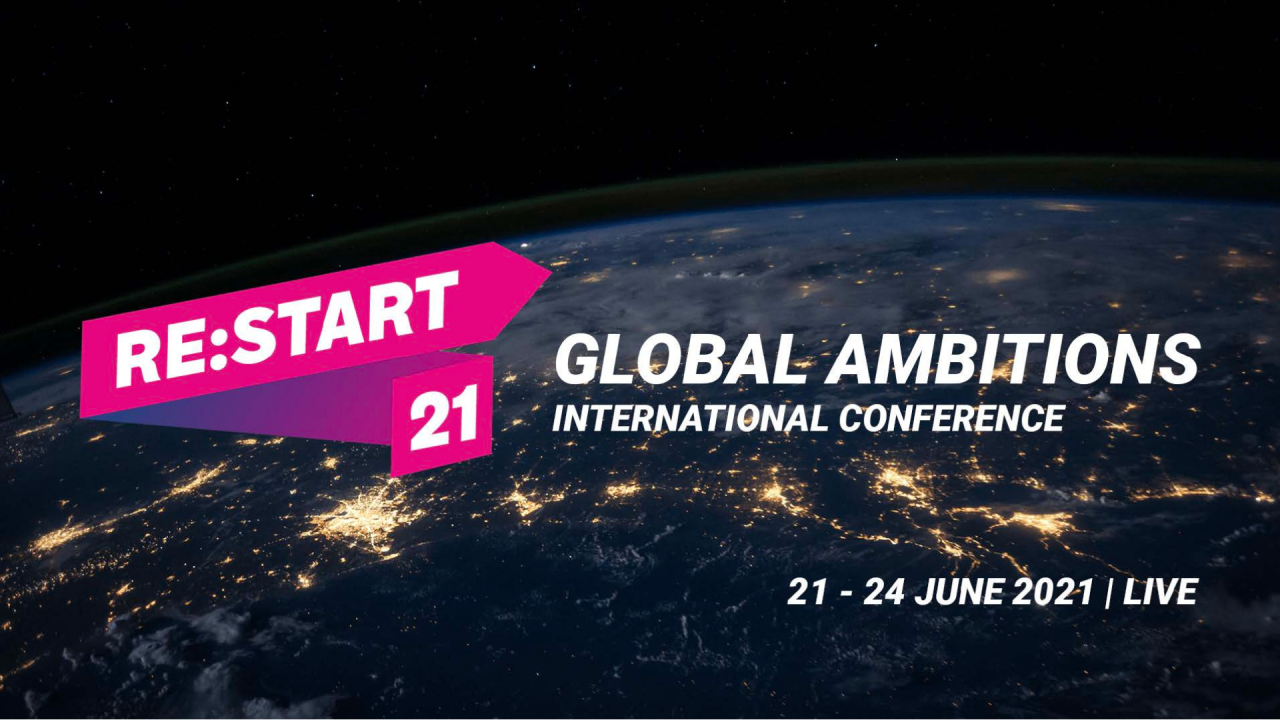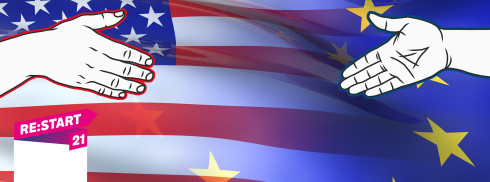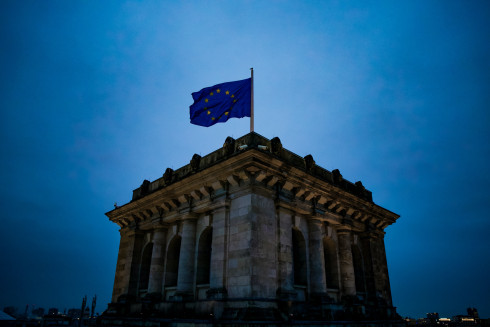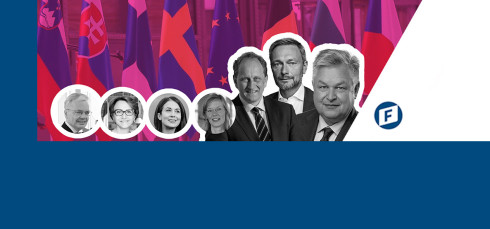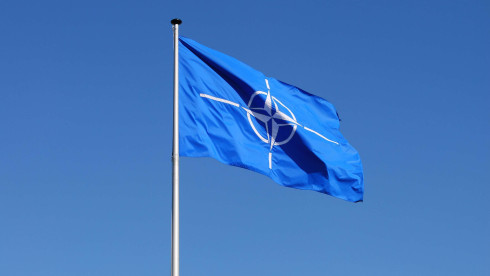Shaping a New Digital World Order
The standards, which will shape the digital space in the future, must protect democratic and liberal values. With the General Data Protection Regulation, it became apparent what global influence European legislation can have. With the Digital Services Act and the Digital Markets Act, there is an opportunity to regulate the digital space based on liberal values that safeguard civil rights and healthy competition.
It is important that democracies set these global standards since China's ambition to influence and set international standards is an essential part of Beijing's ambitious state-led plan to achieve global dominance. China is consistently working to enforce its own technological standards in order to determine future framework conditions for international cooperation. There is also a growing need to limit the market power of Silicon Valley's tech companies, to tax them fairly and to develop a European digital ecosystem.
Global standard setting by democratic states is also important because it can have a positive effect on how technologies will be used in regions with fragile statehood in the global South. Here in particular, the influence of China's digital colonialism threatens to set an irreversible course.
But it is not only issues such as antitrust and competition law or a fair tax model for global digital corporations for which democratic answers are needed. Issues such as global data governance, dealing with artificial intelligence and cyber security are also of integral importance for European digital sovereignty.
Is the European Union the right actor to set global standards for tech regulation? What is the urgency of setting and enforcing digital standards? And what needs to be done for Europe to become a global trendsetter?
Shaping a New Digital World Order
How Can Europe Set Global Standards?
Veranstaltungsart
Digitale Konferenz
Zeit21.06.2021 | 14:00 - 15:30
VeranstalterReferat Bundesprogramm
Jetzt anmelden
Zurück
Als nächstes
